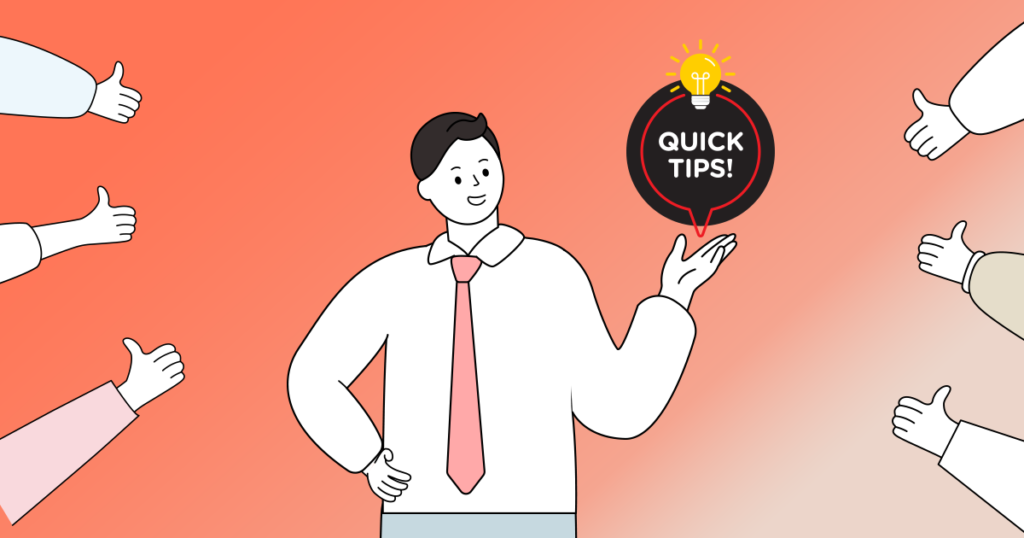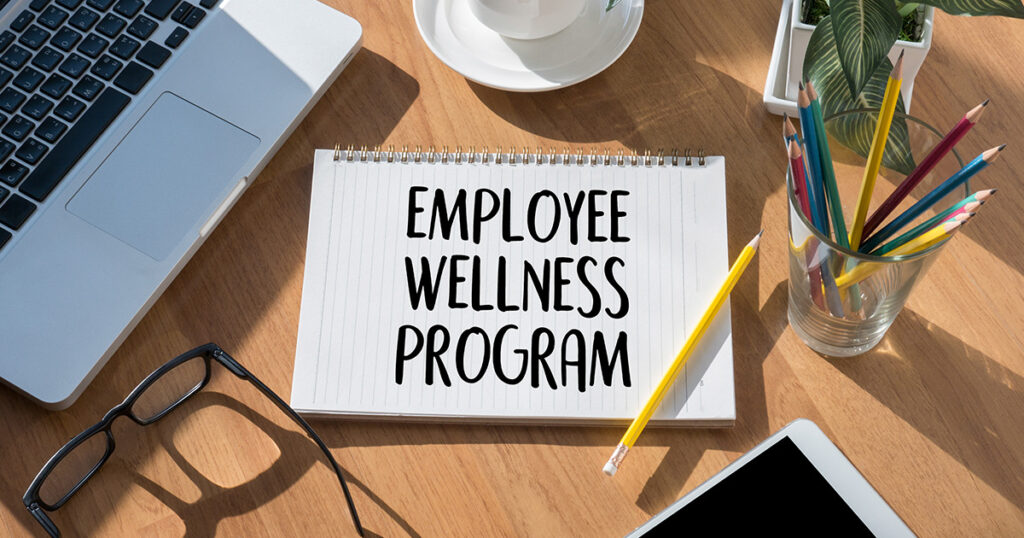Positive relationships in all our interactions are a fundamental part of our success as a person. Whether at school, university, at work, or with friends, certain qualities define people doing well.
These qualities become particularly important in workplaces because having people get along while working helps create a positive and productive environment at work. When businesses focus on encouraging healthy workplace interactions, there is usually an increase in productivity and employee morale.
Implementing measures that promote emotional intelligence and socialization amongst employees should help build healthy and supportive professional relationships. There are many other benefits to building workplace relationships and specific steps you can take individually.
Defining Workplace Relationships
Workplace relationships are the interactions people have with their colleagues. People are more likely to enjoy their day at work when they have healthy relationships with professionals and team members. This leads to lesser stress on employees and better mental and physical health.
Having healthy relationships with coworkers is also essential for career growth. Professional relationships with colleagues in the workplace assist people in building up a network of people who can offer guidance and support throughout their careers. Good workplace relationships have the following benefits:
- Increased career satisfaction
- Increased comfort during presentations and team meetings
- Improved productivity for the entire team
- Moral support during challenging phases in personal and professional life
- Better mental and physical health
- Better retention rates
What makes Workplace relationships Good?
Knowing the features of a good workplace relationship can help evaluate workplace dynamics and identify the areas in which you need improvement. Good workplace relationships tend to have the following characteristics:
- Trust: a strong trust amongst coworkers and the feeling that they can be relied upon to help each other is an important characteristic when building a workplace relationship.
- Respect: respecting each other as individuals and having unique roles in the workplace relationship is essential and desirable in colleagues.
- Teamwork: Individuals who do well in teams usually do their fair share of the work and give credit to other team members when it is due, typically have stronger relationships.
- Communication: having open communication is crucial to the workplace. Encouraging open communication by asking questions and getting to know your coworkers is one of the first steps toward a stable working relationship.
Building Relationships in the Workplace
Remember that not everyone has an open personality or is naturally skilled at interactions. The socializing needed to build relationships in the workplace may be natural to some.
However, there are tips to move formal or limited coworker relationships into positive workplace relationships by using the following steps:
1. Understand your strengths and weaknesses
Before you focus on developing better (and new) workplace relationships, it can be helpful to assess your strengths and weaknesses. Working on critical relationship skills like communication, active listening, and conflict resolution can help manage workplace relationships healthily and positively.
Evaluate the positives that you can bring to a new workplace relationship and identify what you need in a relationship. Knowing your emotional intelligence (EI) can help in this task. Understanding your emotional intelligence involves:
- Self-awareness is the awareness of what you need and wants from your career and any relationship.
- Self-regulation: Self-regulation is the ability to regulate your emotions and thoughts.
- Empathy: Empathy is understanding and empathizing with another’s the situation.
- Social skills: Important workplace skills like teamwork, conflict resolution, communication, and problem-solving skills are crucial to developing new relationships.
2. Take the time to develop relationships
Building any relationship takes time. The formal and busy routine of a workplace makes it even more challenging. The daily expectations and duties of work can make it difficult to find time to interact with other team members.
By planning for time to develop relationships, it will be easier to interact with and get to know your coworkers. As a manager, you can schedule a time during lunch, the first 10 minutes of the workday, or as people leave the office at the day’s end.
You could even schedule the first 10 minutes of a meeting to be a time when everyone catches up with one another. Additionally, after-work or team events can be great for building workplace relationships.
3. Ask questions and listen
Ask questions from colleagues and listen actively will let you learn about your coworkers and help in the relationships building process. When people ask questions about coworkers’ personal, professional goals or daily needs, you are interested in them.
Allow others to share details about their life before sharing your own. Also, by asking questions and encouraging open communication, your coworkers will come to associate you with being a good communicator. They are more likely to come to you with concerns, celebrations, or when they just need someone to listen.
4. Be Available to offer assistance
Helping coworkers out when they find it challenging to complete a project is a great way to build a relationship. If you notice a coworker feeling overwhelmed and have a few extra minutes, consider assisting them.
Trust is an integral part of building relationships, and you are demonstrating this quality by helping coworkers when they need it most.
5. Know when to ask for help
Being able to ask for help is also an essential skill. And it can also initiate or strengthen workplace relationships. By asking coworkers for help on complex projects or work tasks, you get more chances to get to know them.
Remember that you are more likely to get help when you have offered to help others. Relationships involve both give and take; you can demonstrate this by asking for and offering assistance.
6. Appreciate each employee’s role
As a human resource manager, you need to educate and reinforce the awareness that each department has different goals. Doing this can help support and recognise each employee’s role in the organization.
By working together productively and professionally, you will find that colleagues develop a new appreciation for their coworkers, supporting positive relationships.
7. Be present in the workplace
With the many responsibilities of the workday, it can often feel like there isn’t enough time in the day. It might feel more efficient to multi-task by answering emails during lunch or having coffee at your table.
Doing this affects your presence in the workplace. Being available to those around you creates room for communication and getting to know your coworkers.

Sadia Zaheer holds a Masters in Business Administration from IBA, Karachi. After working in several financial institutions in Client Management, Corporate Lending, Islamic Banking and Product Management she jumped careers to pursue a career in writing.
She is a Finance, Business and HR Development writer with four years of experience. She reads a lot and takes care of her multiple cats to remain calm.



